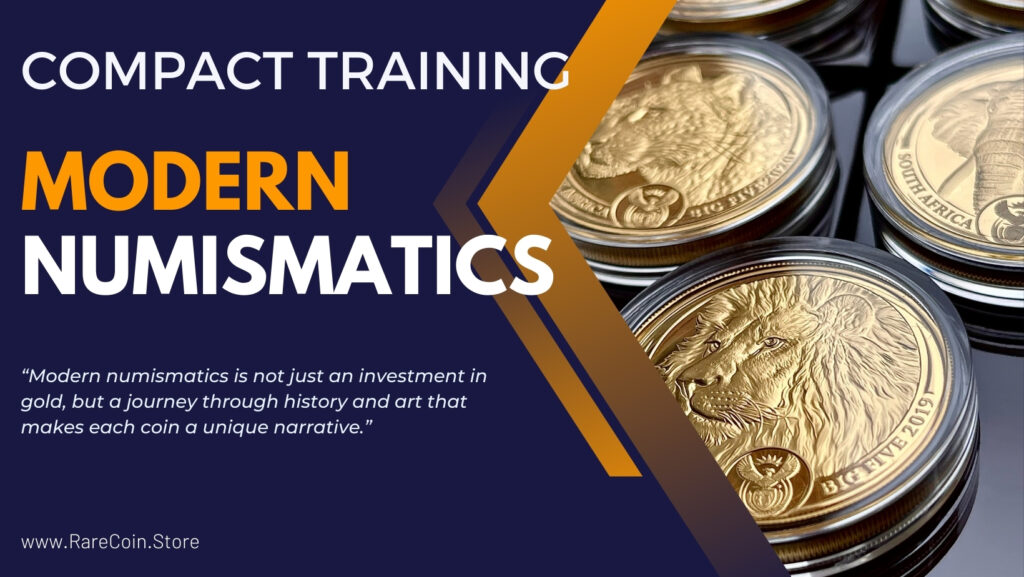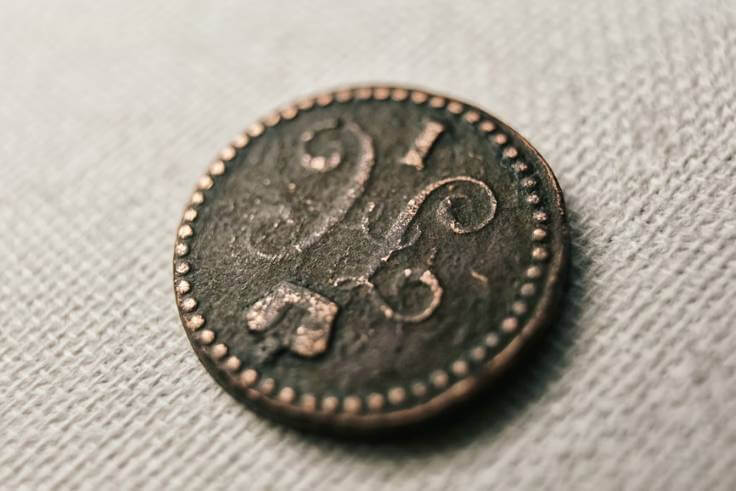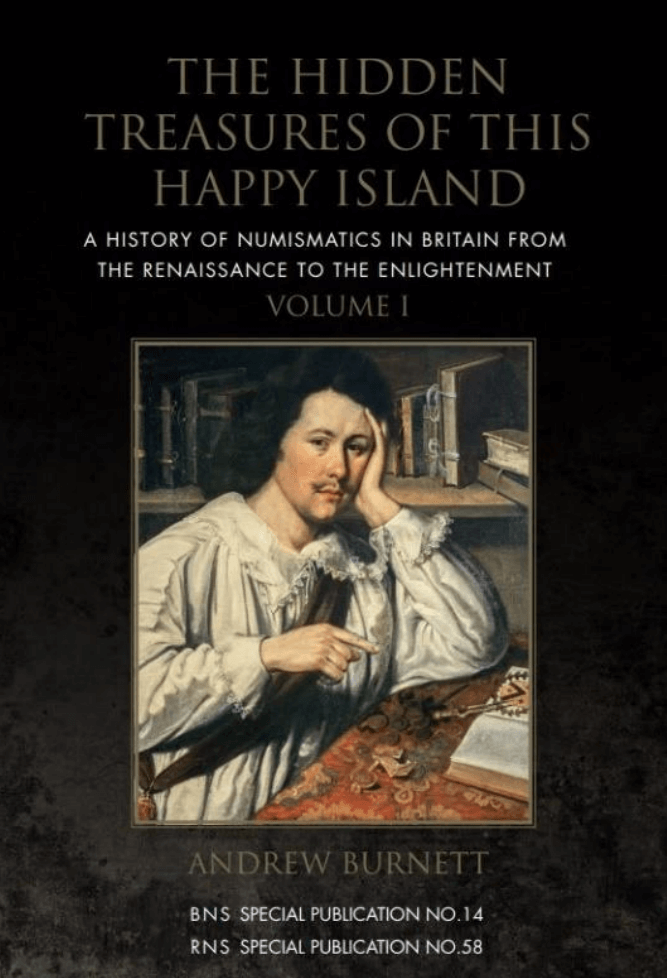Excellent Advice For Choosing Engraving And Mint Condition
Excellent Advice For Choosing Engraving And Mint Condition
Blog Article
What Can I Do With A Numismatics Database To Conduct Research On Mints?
To study mints and numismatics using a database, you need to employ certain methods to gather extensive information about coin production and historical contexts as well as the evolution of minting methods. Here's how you can do choosing one that is specialized in historical coinage or numismatics. There are a variety of options, including Numista, online catalogs from the major mints (like the United States Mint or the Royal Mint), or academic databases that archive studies on numismatics.
Define Research Focus: Specify your research objectives. You may be interested in the volume of production of a specific mint, technological advancements, in the culture and economic impacts of mint operations or its past. Tailor your search queries accordingly.
Search Strategy: Include specific keywords that relate to mints and coin minting, such as "mint production", "coin minting technique", and the names or titles of the mints that you're researching. Advanced search features to filter the results by document type (such historical reports or academic papers, catalog entries, etc.) and geographical area.
Data Collection: Collect data about the date of establishment of the mint and the historical period of operation, types of coins produced, minting technologies used (such as hand-striking versus machine striking) as well as any noteworthy instances or changes in methods of minting that have occurred over time. Search databases or catalogs that detail specific coins minted according to date, denomination and design.
Examine data to find patterns or trends that are evident in the methods of minting used in different historical periods and geographical locations. Analyze the evolution of coins, changes to metal composition, and technological developments in minting techniques that could have influenced coin production.
Cross-References: Confirm the data you've gathered by cross-referencing data from multiple sources. This will ensure that the research you conduct is complete and precise.
Documentation: Record your findings systematically with citations to sources and notes on the methodologies you employed. Keep clear records about the databases you used as well as your search terms, and the relevance of every source to the goals of your study.
Stay up-to-date: Numismatics is a dynamic field, and new publications and discoveries are published regularly. Keep yourself up-to-date by regularly checking the database. It may include updated data, including newly digitalized documents or scholarly papers.
These steps can help you make use of databases to conduct thorough research on mints and numismatics. This technique allows for a thorough examination of the technological, cultural, and historical aspects of the production of coins. It provides valuable insights on the changes in numismatic practices. Follow the most popular full article for site recommendations including currency dealer, euro, czech coins, coin errors, coin series, zloty, forint, coin production, rare coins, shekel and more.
How Do I Utilize An Online Database To Look Up Numismatics With Regards To Refineries?
Here's a structured approach to conducting research in this area: Database Selection: Choose databases that are specialized in precious metals, minting processes as well as the history and development of refineries. Here's a structured approach to conduct such research:Database Selection: Pick databases that are specialized in minting, refining and refining of precious metals and the numismatics field. There are databases available by major refining corporations such as Johnson Matthey Heraeus as well as mints run by the government, such as the United States Mint (or Royal Canadian Mint) or Heraeus.
Define Research Focus: Specify your research objectives. Are you interested in learning about the past and workings of specific refineries, technological advances in refining processes, the production of coins and bullion or the quality standards and certifications in refining precious metals? Find out what you're looking for to help guide your search.
Search Strategy: Use keywords to find refineries, including "precious metallics refineries" and various other words like "minting processes", "bullion" or geographic regions. If relevant Include the names of refineries, historical times or geographic areas. You can filter results with advanced search features. This includes filtering by date, document types (such technical report or production statistics) and refinement methods.
Data collection: Access refinery details including the date of their establishment, the refining techniques used (such as chemical or electrolytic) as well as the precious metals used in each refinery (gold or platinum, silver), and notable recent developments in refining technology.
Analysis: Analyze and understand the role of refineries in numismatics. Study how refineries contribute to standardization by providing precious metals, assuring that minting quality is controlled, and supplying precious metals used in coin and bullion manufacturing. Compare refineries and technologies.
Cross-Reference: Verify the accuracy of your research by comparing information from multiple databases and other sources. This guarantees the accuracy and thoroughness of your research and provides an extensive view of refineries' role in numismatics.
Documentation. Note your research findings thoroughly by citing all sources used and describing the research methods you have employed. Detail the databases utilized and the search term(s) and the significance each source offers to your question.
Stay updated: Standards and technologies for refinery change over time. Industry publications that provide updates such as refinery reports or mint magazines will keep you up-to current on the most recent developments of refining technology and its influence on the world of numismatics.
Databases can be used to investigate numismatics and refineries using these steps. This technique allows for an extensive analysis of technological advances, quality-control measures, and historic contributions of refineries towards the production of coins, bullion, as well as other precious metals all over the world. Take a look at the top rated banknote collection tips for website advice including rand, banknote marketplace, collector, ringgit, shekel, bank, banknote printing, bank, currency exchange, currency and more.
Where Can I Find Lawyers Who Are Numismatics Experts By Using The Database?
Investigating numismatics in relation to legal experts requires databases that are focused on numismatic law, rules that govern currency and coinage as well as legal precedents that relate to numismatic disputes and research papers on the legal aspects of the numismatics. This is a step-by-step guide to conduct this type of study: Database selection: Select databases that specialize in numismatic research and legal law. Additionally, you should select journals that focus on legal aspects of the field. Legal research platforms such as Westlaw and LexisNexis are some examples, along with numismatic journals, publications by organizations that specialize in numismatics, as well as numismatic law magazines.
Define Research Focus: Specify your research objectives. Are you interested in the legal frameworks which govern coinage and currencies, numismatic conflicts, regulations for circulation and production of coins or legal interpretations of numismatic authentic and ownership? Find out where you would like to concentrate your research.
Search Strategy: Use particular legal concepts like authenticity or ownership in your search. Additionally, you can include historic cases. Advanced search options to filter results according to date, legal topic (numismatics) and jurisdiction (national or international) and many other variables.
Data Collection: Get access to the legal precedents (case law) and legislative texts (legislation) as well as scholarly publications related to the subject of numismatics. Find information on case summaries or legal analyses. Interpretations of relevant statutes as well as historical perspectives are beneficial.
Analyse the data and understand the difficulties that numismatics face. Explore how legal frameworks affect the numismatic market, collection management process, authentication as well as international trade in numismatic items. Compare and contrast legal interpretations in different jurisdictions and the past.
Cross-Referencing: Confirm your findings by cross-referencing data across a variety of databases including courts, legal journals and academic publications. This will ensure accuracy and completeness of your study. It also gives an extensive overview of the legal environment for Numismatics.
Documentation: Documentation should be systematic, with citations of sources and methods utilized. Keep track of details on the databases you have accessed, the search terms used, and the importance of each source to your research needs.
Stay Up-to-date: Numismatic law and legal interpretations evolve in response to legislative changes and court rulings. Keep up-to-date by following developments from legal databases, numismatic law publications, as well as updates from numismatic societies about legal developments.
You can use databases to research numismatics and legal experts by following these easy steps. This method allows for a thorough investigation into the legal frameworks, the challenges and scholarly interpretations that are interspersed with the field of numismatics providing insight into the legal issues governing the collection of coins, coinage, and trade worldwide. Have a look at the top rated coin book examples for website info including commemorative, krona, coin authenticity, coin errors, coin value, banknote identification, rare banknotes, commemorative, banknote storage, gold coins and more.
What Can I Do To Find Out More Information About Numismatics By Using Online Forums And Communities Using A Numismatics Database?
This involves utilizing online communities and forums where enthusiasts, experts, and collectors can share their knowledge, discuss trends, or display their collections. This is a structured way to conduct such research. For instance, forums such as CoinTalk and Reddit's r/Coins and special numismatic communities that are that are on social media sites, such as Facebook groups or LinkedIn.
Define Research Focus: Specify your research objectives. Do you want to learn about the latest collecting trends Do you want experts to provide guidance regarding numismatics and authentication and grading? Clarify the focus of your research.
Search Strategy - Choose terms that are relevant to your interests (such such as "numismatic groups," "coin communities," or "numismatic online discussions"), and include particular keywords (such as old coins modern money, contemporary currency, or paper currency) as well as the keywords that are related to your research. Use the search functionality within each platform to locate relevant threads and discussions.
Data collection: Look for information in the discussions, threads and blog posts of online forums and communities. Get insights into methods of collecting and coins markets, trends in the market and personal experiences of the numismatic world. Additionally, you can discuss various aspects of culture or history related to coinage.
Analysis: Analyze data to gain an comprehension of the views, experiences, and expertise shared by the people who belong to online numismatic groups. You can evaluate the validity of the information by analyzing the experiences of contributors as well as the consensus on specific topics among members.
Cross-Referencing. Examine what you've learned by comparing the data of different forums and communities. Examine the insights of other communities to get the full picture of patterns, market sentiments or professional advice from the Numismatics community.
Documentation: Record all of your findings, noting specific threads and discussions. If you need to you wish to include citations of the contributors. Note the most important insights, opinions and trends that you have seen on online forums and in communities.
Stay Engaged: Engage actively in discussions, ask questions, and participate in discussions to gain more insights and establish connections with the community of numismatics. Keep up-to-date with the latest threads.
These steps will assist you in conducting effective research on numismatics through online forums and communities. This approach lets you tap into the wisdom and experiences of many specialists and collectors providing valuable insight and perspectives about different aspects of collecting coins, including identifying them and valuing their value. Follow the top read more for antique coins for site tips including bank, coin rarity, coin, bullion coins, banknote appraisal, coin pressing, coin display, coin club, coin, coin storage and more.
How Can I Find Out More About Numismatics With Regard To Networking Opportunities Using An Online Database?
In order to research the numismatics of networking possibilities it is necessary to utilize databases and platforms that facilitate connections between collectors, dealers and scholars from the numismatic communities. This is a systematic method to conduct such study. Database Selection: Choose databases and platforms which specialize in numismatic network opportunities. Examples include numismatic society websites as well as forums on the internet (such as CoinTalk or Reddit's CoinTalk, and r/Coins) as well as social media communities (on Facebook, LinkedIn) as well as professional networking platforms.
Determine your Research Focus. Specify your goals for your network. Are you interested to meet collectors to exchange knowledge, in engaging with dealers or in sales or working with scholars and researchers on research projects and participating in conferences and numismatic events? Clarify your goals to help you narrow your search.
Search Strategy: Include keywords like "numismatic network", "coin collectors forum", "numismatic social networks" and also geographic regions when appropriate. Search functions on platforms to locate forums, groups, and other events.
Data Collection: Access information about networking opportunities within the numismatic community. Find out information about group descriptions, membership benefits (such as the ability to attend events discussion, resources, and events) as well as forthcoming events (like auctions, conventions, exhibitions) and profiles of influential people or event organizers.
Analysis: Analyze all data to determine networks and opportunities that are relevant. Evaluation: Assess the level of engagement in groups and forums. Also, consider the range of participants (collectors/dealers, scholars), regularity of updates and discussions and the potential for collaboration between academic and professional.
Cross-Referencing: Confirm your findings by cross-referencing information across numerous databases, numismatic society websites as well as social media networks and professional networking platforms. This helps you discover comprehensive networking opportunities across different areas and platforms.
Engagement: Participate in your chosen networks with active participation by sharing insights as well as offering your expertise. Create connections with other dealers, collectors and scholars in order to increase your network and exchange important numismatic information.
Documentation: Document your network activities in detail and note the networks you used as well as the group members, events attended, and contacts made. Document and track the opportunities you explored and also the results you achieved by networking.
By following these steps, you will be able to allow you to gain a better understanding of numismatics and networking opportunities. This will allow you to expand your personal or professional network in the world of numismatics through collaborations and exchange of knowledge and taking part in numismatic-related events. See the top rated article source on uncirculated for site tips including banknote history, slovak coins, peso, coin news, coin book, forint, rare coins, historical currency, banknote collection, silver and more.